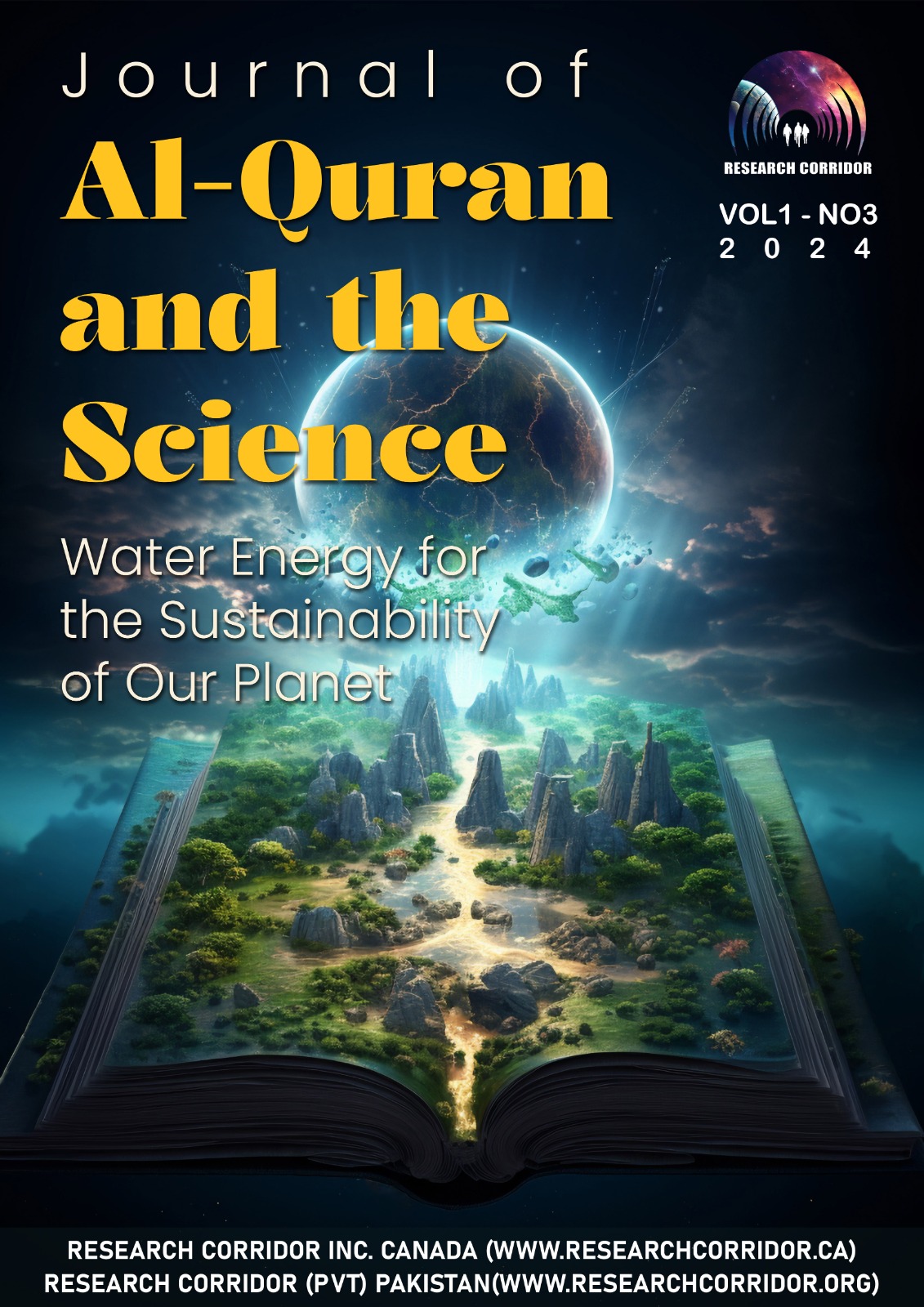Quantum Insights and Islamic Ontology: Reconciling Modern Science with Faith
Keywords:
Quantum Mechanics, Islamic Ontology, Metaphysics, Divine Will, Superposition, Entanglement, Al-Ghayb, Free Will, Tawhid, Science and FaithAbstract
The intersection of quantum mechanics and Islamic ontology presents a compelling discourse on the nature of reality, determinism, and divine will. Quantum physics, with its principles of superposition, entanglement, and uncertainty, challenges classical deterministic worldviews and offers insights that align with aspects of Islamic metaphysics. In Islamic thought, reality is not solely material but also encompasses the unseen (al-ghayb), an idea that resonates with quantum indeterminacy and the probabilistic nature of subatomic particles. Moreover, the concept of divine will (qadar) finds parallels in the observer effect, where consciousness appears to influence quantum states, echoing discussions in Islamic theology about free will and predestination. Scholars such as Al-Ghazali and Ibn Arabi have explored metaphysical dimensions of existence that, when examined through the lens of quantum mechanics, suggest a non-materialistic understanding of the cosmos. Contemporary Muslim thinkers argue that rather than conflicting with religious beliefs, quantum physics enhances the appreciation of divine complexity and the interconnectedness of creation. This paper explores the philosophical and theological implications of quantum mechanics in the context of Islamic ontology, arguing that the principles of modern physics provide new perspectives on classical theological debates. Emphasizing an integrative approach, this study advocates for a dialogue between science and faith, encouraging deeper reflections on the unity of knowledge (tawhid) and the nature of existence. Future research should explore how quantum-inspired models can contribute to Islamic epistemology and cosmology, fostering a synthesis between scientific inquiry and theological wisdom.





